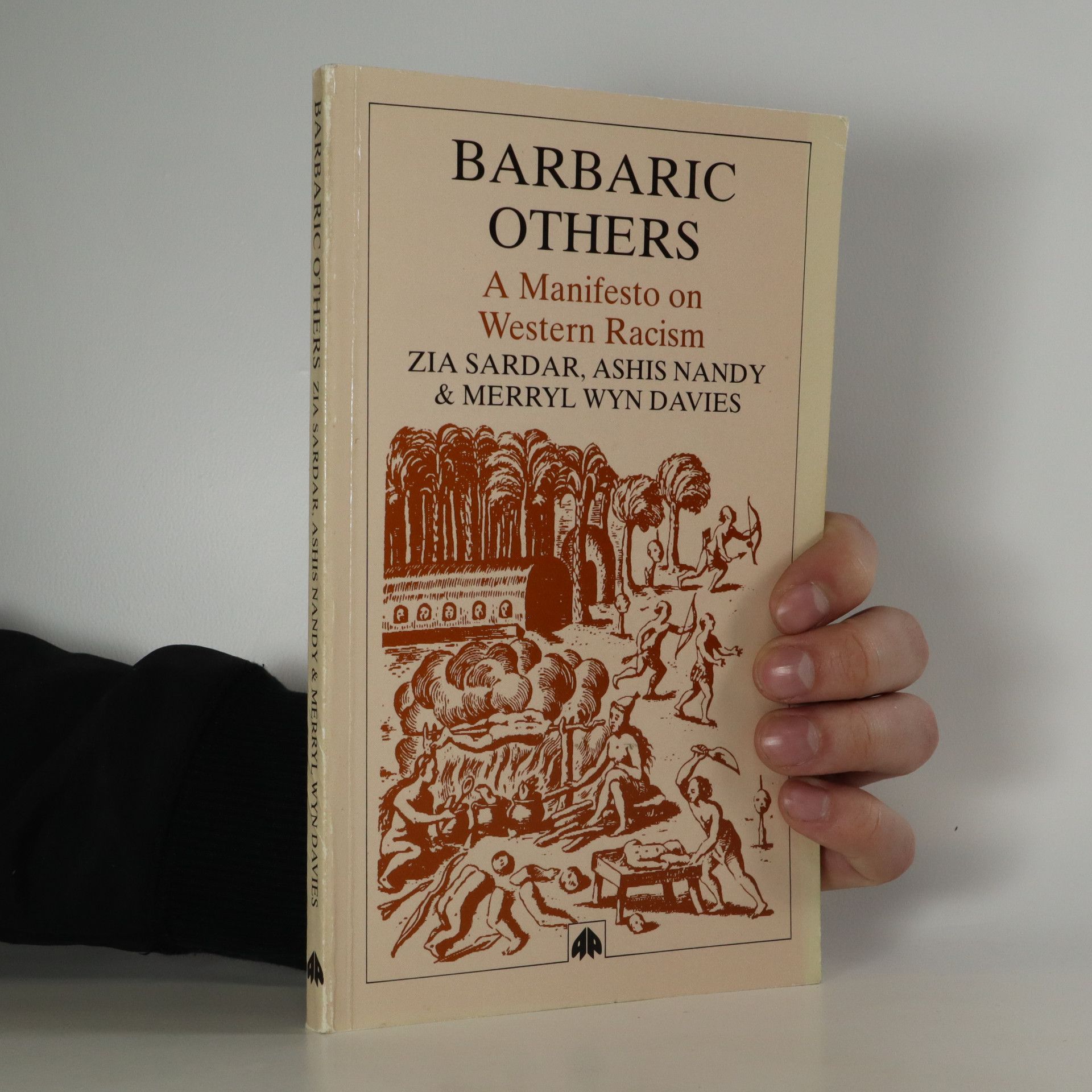American Dream. Global Nightmare
- 304 pages
- 11 hours of reading
This title brings into sharp focus the merger of celebrity, corporate power, government and empire which has become an essential part of America's belief in itself as a nation.







This title brings into sharp focus the merger of celebrity, corporate power, government and empire which has become an essential part of America's belief in itself as a nation.
This guide explains Islamic history, the Qur’an, sharia law, and Islam’s relationship with the West. It analyzes the struggle within the faith for a more humane interpretation of the religion, issues surrounding women, democracy, and economic development, and the outlook post-9/11 and the Iraq war. Merryl Wyn Davies is a writer, anthropologist, and TV producer. The author of Knowing One Shaping an Islamic Anthropology, she also co-authored the international bestseller Why Do People Hate America? Ziauddin Sardar is a writer, broadcaster, and cultural critic. His works include Postmodernism and the Other, Orientalism, and Why Do People Hate America?, written with Merryl Wyn Davies.
Many people do hate America, in the Middle East and the developing countries as well as in Europe. Sardar and Davies explore the global impact of America's foreign policy and its corporate and cultural power.
Unique graphic introductions to big ideas and thinkers, written by experts in the field.
The book emphasizes the vital role of anthropology in promoting understanding among nations in an interconnected world. It highlights the universal essence of Islam and its relevance to Muslim cultures, suggesting that anthropology can empower these cultures to contribute positively to a shared global future. The work underscores the necessity of mutual knowledge and understanding as essential components for coexistence and collaboration in today's society.
Rassismus als Wissenschaft? Studium von „primitiven Kulturen“? Unbestritten war die Anthropologie auch eine willige Dienstmagd bei der Rechtfertigung von Rassismus und Kolonialismus. Heute hat man zum Glück eine deutlich neutralere Zielsetzung: Gegenstand der Anthropologie sei die menschliche Existenz als empirisch beschreibbare Tatsache. Nun sind Individuen verschieden, Menschen leben in unterschiedlichen Kulturen, lebten zu unterschiedlichen Zeiten usw. So verzweigt sich auch die Anthropologie in viele unterschiedliche Teilgebiete: menschliche Evolution und biologische Variabilität; Menschenbilder, Kulte und Traditionen bis hin zu eher psychologisch-medizinischen Fragen zur Beziehung Mensch-Umwelt-Gesellschaft. Dieser Infocomic gibt einen kurzen, prägnanten Überblick über die geschichtliche Entwicklung des Faches, die speziellen Interessen der einzelnen Teilgebiete und den Stand der Diskussion heute. Trotz aller historischer Fehlentwicklungen hätte Anthropologie als Übersichtswissenschaft heute wieder die Chance, versprengte Informationen über „den Menschen“ zu einem einzigen Bild zusammenzutragen. Unser Bild vom Menschen ist entscheidend dafür, wohin sich unsere Gesellschaft entwickeln wird.
Darwin a fundamentalizmus: Mali by sme vedu o stvorení odmietnuť ako bezvýznamný mýtus? Zmenila sa sama evolúcia na novú "fundamentalistickú" teológiu, užitočný trik ako dozerať na ortodoxnosť vo vede? Vyrovnáva sa náboženská bigotnosť vedeckej bigotnosti, zlé náboženstvo zlej vede? Kniha Darwin a fundamentalizmus tvrdí, že za zjednodušujúcimi nadpismi sa skrývajú dôležité otázky. Čomu je rozumné veriť a čo predstavuje rozvážnu aplikáciu vedeckej metódy, to sú zložité problémy dôležité pre to, ako robíme výskum a ako vyhodnocujeme myšlienky evolúcie.
Kniha Antropologie představuje čtivou formou komiksu ucelený přehled tohoto vědního oboru. Od počátečních kořenů sahajících až do antického Řecka přes klíčové koncepty a metody spjaté se jmény jako Franz Boas, Bronislaw Malinovski, E. E. Evans-Pritchard, Margaret Mead či Claude Lévi-Strauss až po otázky, které si klade současná postmoderní antropologie.